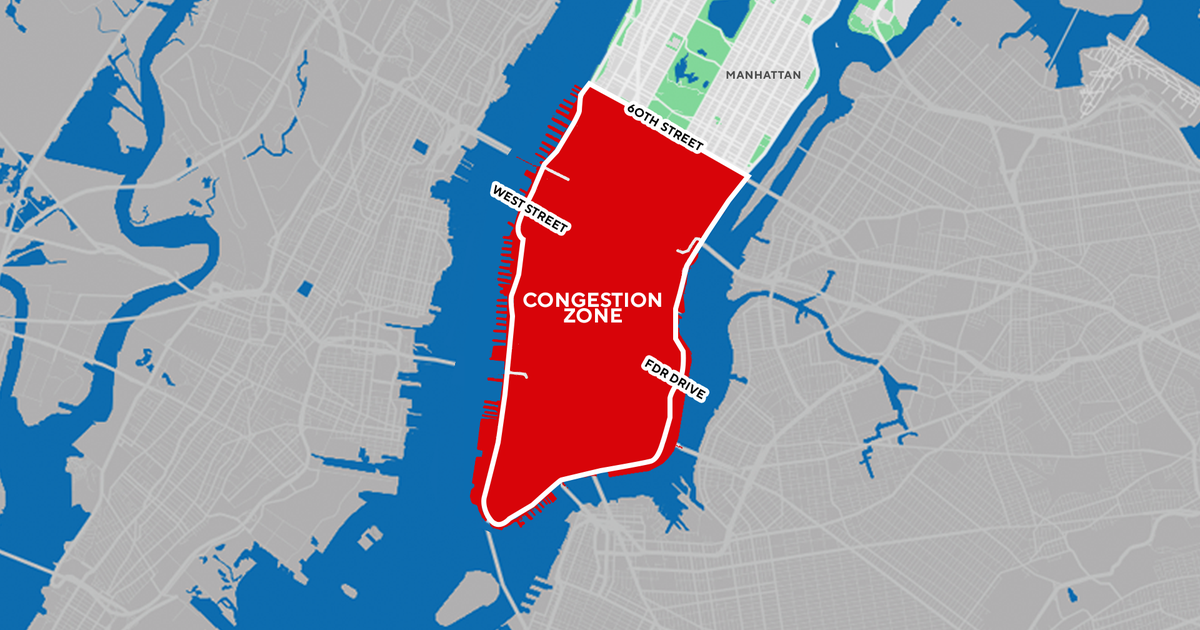Judges: Orthodox Jewish Zone Can Stay In Westhampton Beach
WESTHAMPTON BEACH, N.Y. (CBSNewYork/AP) -- A panel of federal judges has ruled that an Orthodox Jewish religious zone called an "eruv" erected in a Hamptons beach community can stay.
Under Jewish law, those who are within the eruv's boundaries are permitted to push and carry objects—including keys, wheelchairs and strollers—on the Sabbath or High Holy Days, acts that are normally forbidden by Halakhah.
The eruv boundaries are designated by markers known as "lechis" that are hung on utility poles owned in this case by LIPA, which is now run by PSEG Long Island.
Judges: Orthodox Jewish Zone Can Stay In Westhampton Beach
"It's difficult to see, and it's been up in Westhampton since last summer. The sky has not fallen," Hank Sheinkopf, who represents the East End Eruv Association, told WCBS 880's Alex Silverman.
The judges found the zone does not violate constitutional issues regarding separation of church and state.
A group called Jewish People for the Betterment of Westhampton Beach claimed in a 2012 lawsuit that the eruv violated the Constitution.
"Let's suppose, instead of an eruv, a local Christian group wanted to put very small crosses on these same poles," Jonathan Sinnreich, the group's attorney, said. "I think any schoolchild would know you can't do that in the United States."
U.S. Court of Appeals judges said Tuesday the eruv is not "endorsing religion." The judges ruled the symbols could be placed on utility poles.
Sheinkopf applauded the ruling.
"The appeals court decision upholds what is great about America: that religious freedom matters," he said.
Other lawsuits on the dispute are pending.
You May Also Be Interested In These Stories
(TM and © Copyright 2014 CBS Radio Inc. and its relevant subsidiaries. CBS RADIO and EYE Logo TM and Copyright 2014 CBS Broadcasting Inc. Used under license. All Rights Reserved. This material may not be published, broadcast, rewritten, or redistributed. The Associated Press contributed to this report.)



